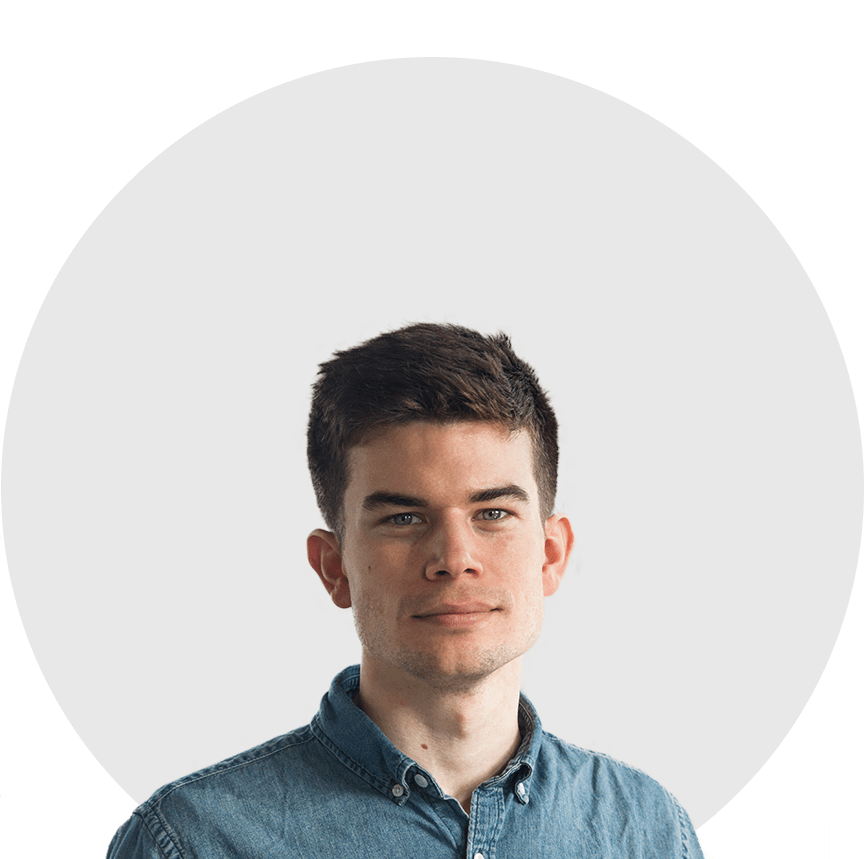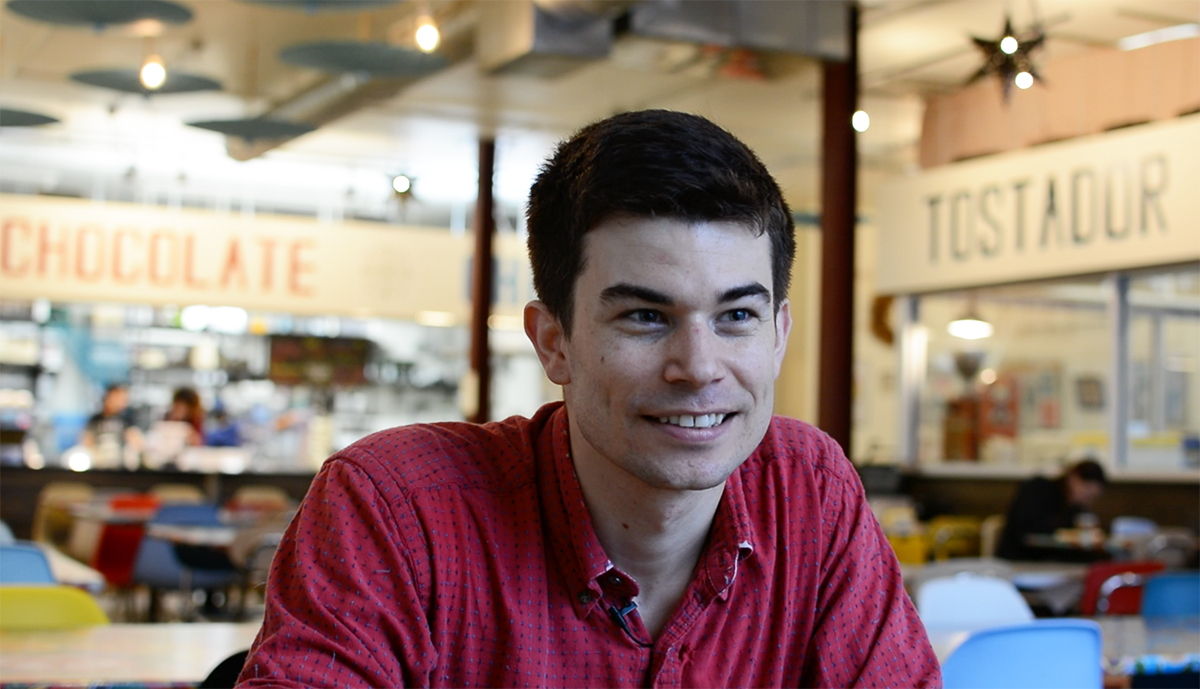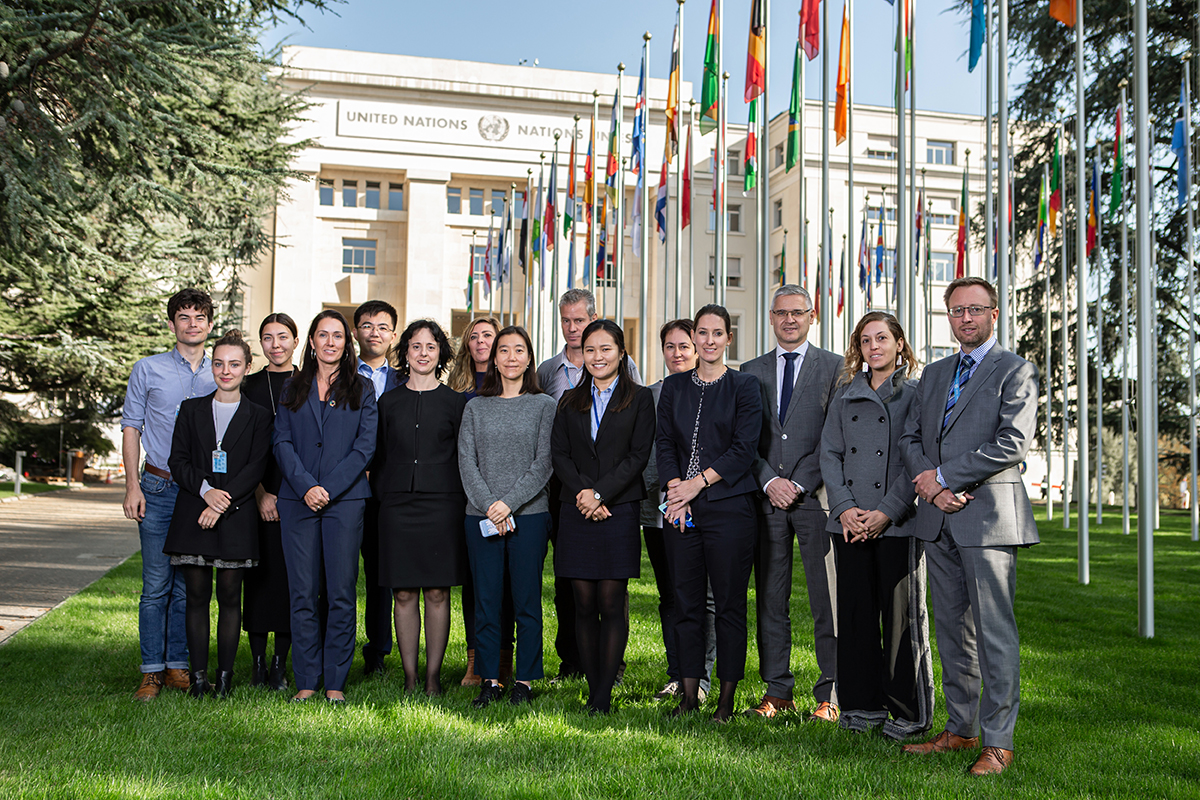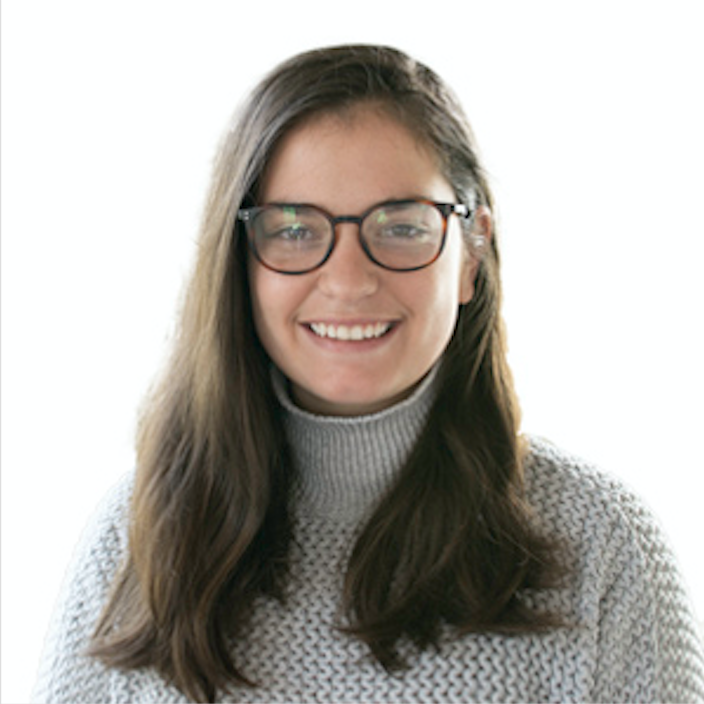
Alumni Reflections
Esko Brummel, MA, reflects on his time in the Masters of Bioethics and Science Policy Program, and the doors it opened for him beyond graduation.
Speaking over the sound of Julio Iglesias’s voice while enjoying the smell of fresh churros, Scott “Esko” Brummel sat down for an interview at Cocoa Cinnamon to reflect on his experience as a graduate student. He obtained a Master of Arts in Bioethics and Science Policy (MA-BSP) through the Duke Initiative for Science & Society in the Spring of 2018. Brummel considers the education, skills, and experience he received through the program essential to making him stand out as a potential employee and collaborator. The degree ultimately landed him a research opportunity with engineers from NASA, a Bass Connections award, and an internship at the United Nations in Geneva, Switzerland.
An Interdisciplinary Approach to Learning
Brummel describes the MA-BSP program as distinctly interdisciplinary. His first interdepartmental collaboration on the News Message Research Project, an initiative led by media and policy expert Professor Phil Napoli. The project involved developing a multifunctional, automated system to analyze the quality of local news outlets and potential sources of fake news. Simultaneously, Brummel began laying the foundation for his summer capstone project. He would focus on making Duke faculty research on Scholars@Duke easier to navigate and thus more accessible to the public, exemplifying a key aspect of Science & Society’s mission.
The MA-BSP allowed Brummel to enroll in classes all across campus. He recalls courses in Engineering, the Sanford School of Public Policy, the Pratt School of Engineering, and within Science & Society. Looking back now, he considers the interdisciplinary aspect of the graduate program perhaps the most impactful on his future career in the field of policy for emerging technologies.
“The program gave me a huge toolbox of different policy perspectives, legal tools, and scientific knowledge to – if not understand the technology completely – at least know the right questions to figure it out.”
At the start of his second semester as a graduate student, Brummel became involved in a Bass Connections project with Dr. Walter Sinnott-Armstrong, an expert in various topics including ethics and empirical moral psychology. Brummel describes Bass Connections as “an interdisciplinary project where you work with undergrads, masters students, Ph.D. students, and professors to tackle a multidisciplinary, all-encompassing problem that’s facing society”.
The all-encompassing problem their team focused on was political polarization. Brummel believes that having a team with diverse backgrounds and varied areas of expertise was essential to comprehensively approach the topic. Their team created a website to educate the public on the partiality of news outlets. The project won the Bass Connections prize for best-looking website, an accomplishment of which Brummel is very proud.

Tackling Risk Assessment in Emerging Technologies
Later that semester, Brummel learned about a risk assessment project being conducted for NASA by Dr. Mary “Missy” Cummings, Director of the Humans and Autonomy Laboratory (HAL) in the Duke Robotics Facility, and an expert on human-systems engineering with an interest in the social impacts of technology. Brummel told Dr. Cummings about his project with Scholars@Duke and his experience ameliorating communication challenges between scientists of different disciplines, a skill that she thought would be advantageous when working with various NASA scientists across the country.
When an organization is considering the implementation of new technology, Brummel recognizes the obstacles that can arise: “Anytime there’s change, there is a lot of hesitancy and risk that can come with it. People may not be familiar with how the technology works, or how it can go wrong”.
He began visiting NASA’s labs across the country to interview the engineers working on the development of a novel plutonium-based power system. The goal of these interviews was to facilitate discussion about the potential risks and benefits of implementing the plutonium-based power system on space missions that would be sent far out into space where solar technology wouldn’t be sufficient or functional.
“The challenges that I was working on with Dr. Cummings were completely parallel to the kinds of problems that we were working on in class through the graduate program. It’s a case of an emerging technology, a lot of risk, and that applies to anything with genetics, robotics, and in my case, plutonium-based batteries.”
Brummel completed the interviews shortly after graduating from the Master of Arts in Bioethics & Science Policy program. He was first author on a publication with Dr. Cummings and three other NASA scientists. Last winter, he presented the findings of the project at the Institute of Electrical and Electronics Engineers (IEEE) Aerospace Conference in Big Sky, Montana.
Beyond Graduation
Upon completion of his Master’s Degree, Brummel began work for SciPol.org, a website that tracks and provides analyses on science and technology policy. Through SciPol.org he learned to create policy briefs in layman’s terms that describe legislative updates in the world of AI, robotics, and cybersecurity.
After working with SciPol.org and HAL for nearly two years, Dr. Cummings recommended Brummel apply to an open position in the United Nations Office of Disarmament Affairs. He was eventually accepted and credits the unique research and diverse coursework he experienced at Duke in helping him stand out as a candidate.
“I really believe that one of the key reasons I was selected to join the UN was because of the training and experience I gained as a graduate student in the Masters of Bioethics and Science Policy program at Duke. I think the people who selected me felt confident that I would feel comfortable and would do well as they threw me into any kind of challenge that came up during my five months there.”
 UN Staff at work. Geneva, Switzerland, October 14, 2019. UN Photo/Pierre Albouy
UN Staff at work. Geneva, Switzerland, October 14, 2019. UN Photo/Pierre Albouy
Six months after submitting the application, Brummel was offered the position and he temporarily relocated to Geneva, Switzerland. During his time there, he created policy briefs for the Director of the Office of Disarmament, Anja Kaspersen, about lethal autonomous weapons, Deepfakes, and quantum computing. He helped the department manage data on their website and he developed policy memos for considering new emerging technologies in the area of environmental manipulation. Environmental manipulation, such as geoengineering, cloud seeding, and island creation, was foreign territory for Brummel, but he was comfortable with navigating the unfamiliar topic given his experience in the Master’s program.
Looking Towards the Future
Brummel is now back in the Bull City with several job interviews lined up across the globe for positions at think tanks, government agencies, and policy organizations. Regardless of what country he’ll end up in, he hopes to still be working in the area of emerging technology and policy. When reflecting on the impact of his experience at Duke, Brummel believes the interdisciplinary opportunities offered by the Master of Arts in Bioethics & Science Policy program allowed him to learn the fundamentals in a variety of disciplines that will be applied to core issues wherever his career takes him. Whether the future holds flying cars or cancer vaccines, society will need scientists like Brummel to take a multidisciplinary approach when considering the implications of such emerging technologies.
Learn More about the MA in Bioethics and Science Policy
For more information on the Duke Initiative for Science & Society’s graduate program in Bioethics, Tech Ethics, and Science Policy or to see what other students are working on, please visit our website.
About the Author: Hannah Shoaf
 Hannah Shoaf is the Policy Associate for Science & Society. After graduating from UNC-Chapel Hill with a degree in Biological Physics & Hispanic Linguistics, she took a year to study for the MCAT while working full-time as a medical assistant. Hannah recently attained her Masters in Physiology at NCSU, while also volunteering with Youngsville Rescue & EMS, and applying to medical schools across the country.
Hannah Shoaf is the Policy Associate for Science & Society. After graduating from UNC-Chapel Hill with a degree in Biological Physics & Hispanic Linguistics, she took a year to study for the MCAT while working full-time as a medical assistant. Hannah recently attained her Masters in Physiology at NCSU, while also volunteering with Youngsville Rescue & EMS, and applying to medical schools across the country.
DISCLAIMER: These reflections represent the views of the student and not necessarily the views of the Duke Initiative for Science & Society or the Bioethics & Science Policy Masters Program. Our program represents myriad views and ideologies and we welcome open discussion on potentially controversial subject matter as it relates to society.

